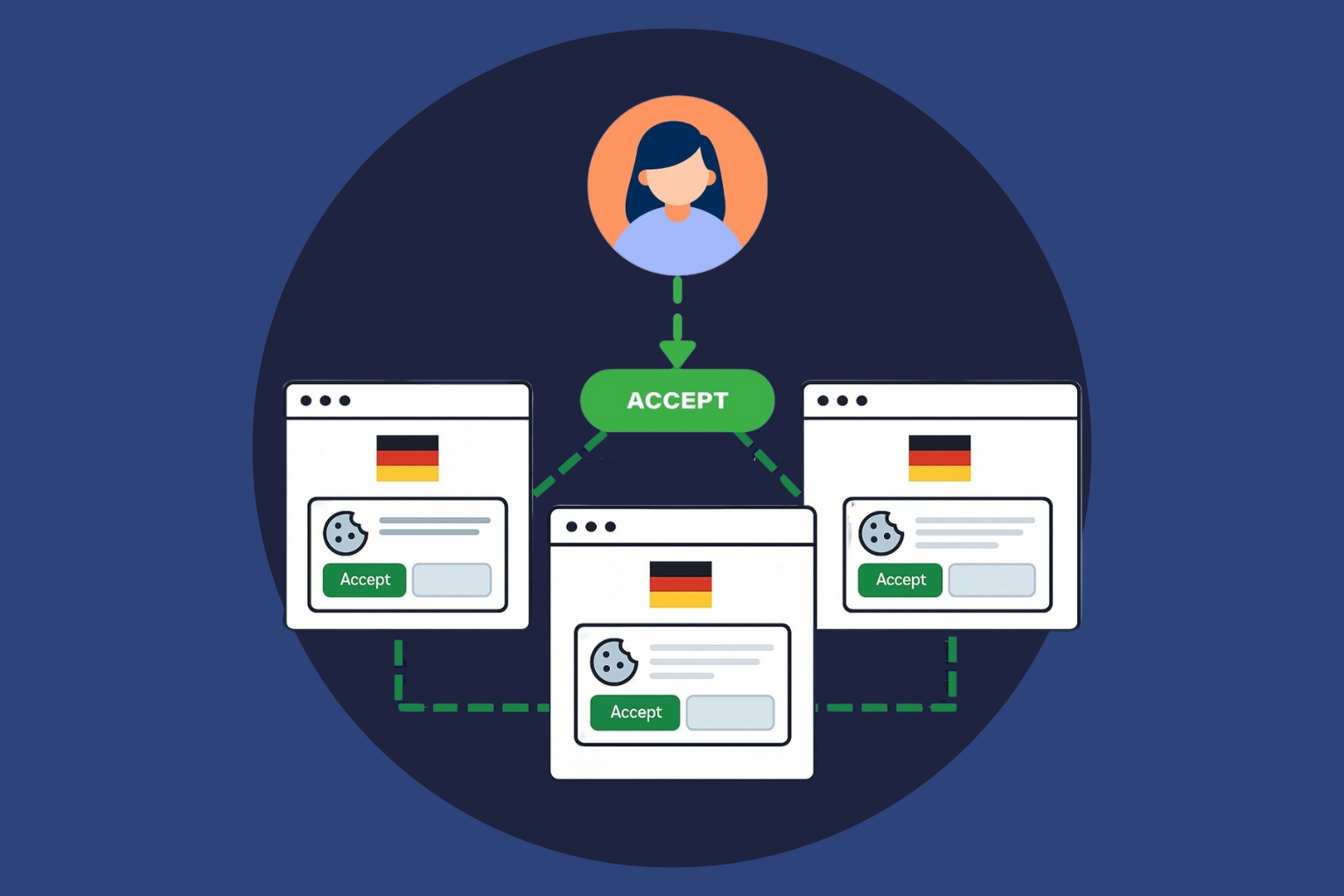
Germany’s New Consent Management Ordinance: Businesses & Users
In the digital world, every click, cookie, and data exchange begins with consent. For years, European regulators have sought to make online consent more transparent, fair, and user-friendly. Now, Germany has taken a bold step forward with its new Consent Management Ordinance (Einwilligungsverwaltungsverordnung), which aims to reshape how consent is managed, transmitted, and recognized.
Why a New Law on Consent?
Cookie banners and consent pop-ups have become a frustrating ritual for users and a compliance headache for businesses. Many users simply click “accept all” to move past the interruption, while organizations struggle to balance legal obligations with seamless digital experiences. Germany’s new ordinance seeks to break this cycle by defining clear standards for recognized consent management services.
What the Ordinance Establishes
The law introduces a framework where only authorized consent management platforms (CMPs) can operate as official mediators of user consent. These CMPs must:
- Collect consent in a standardized, transparent format.
- Transmit user preferences across multiple websites and services.
- Provide users with centralized control to update or revoke consent.
- Ensure data handling practices align with GDPR principles of lawfulness, fairness, and accountability.
The idea is to reduce repetitive pop-ups and empower individuals with meaningful, portable consent choices.
Why This Matters for Businesses
For companies operating in Germany, the ordinance is more than a legal checkbox. It represents a fundamental shift in how customer trust is built online. Businesses must prepare for:
- Integration with recognized CMPs to avoid compliance risks.
- Greater transparency in how data is collected and processed.
- Reduced banner fatigue, which may improve user engagement and trust.
- Regulatory certainty, as standardized systems lower the risk of fines.
Organizations that proactively adapt will not only stay compliant but also gain reputational advantages by signaling genuine respect for user privacy.
A Step Toward User Empowerment
The ordinance reflects a growing trend in Europe: moving from symbolic consent toward substantive control. By standardizing how preferences are stored and shared, users can set once and apply everywhere reducing friction while increasing control.
Conclusion
Germany’s new Consent Management Ordinance could mark the beginning of the end for endless cookie banners and opaque privacy policies. By creating a standardized, recognized system for managing consent, it raises the bar for fairness and accountability. For businesses, this is both a challenge and an opportunity. It's a chance to show that privacy is not a burden but a competitive edge.
FAQs
1. What is Germany’s new Consent Management Ordinance?
It is a law that defines requirements for recognized consent management services, standardizing how user consent is collected, stored, and transmitted.
2. How does it affect businesses?
Businesses must integrate with approved consent management platforms and ensure transparent handling of user preferences to remain compliant.
3. Will users still see cookie banners?
The goal is to reduce repetitive banners by allowing users to set and manage their preferences centrally, applied across multiple services.
4. Is this law unique to Germany?
Yes, though it builds on GDPR principles, Germany is among the first to formalize such a structured consent management framework.
5. How can Redacto help?
Redacto provides automated consent management and trust center solutions that align with evolving laws like Germany’s ordinance, ensuring compliance while strengthening user trust.




%20Redacto%20logo_New.png)
.jpg)


